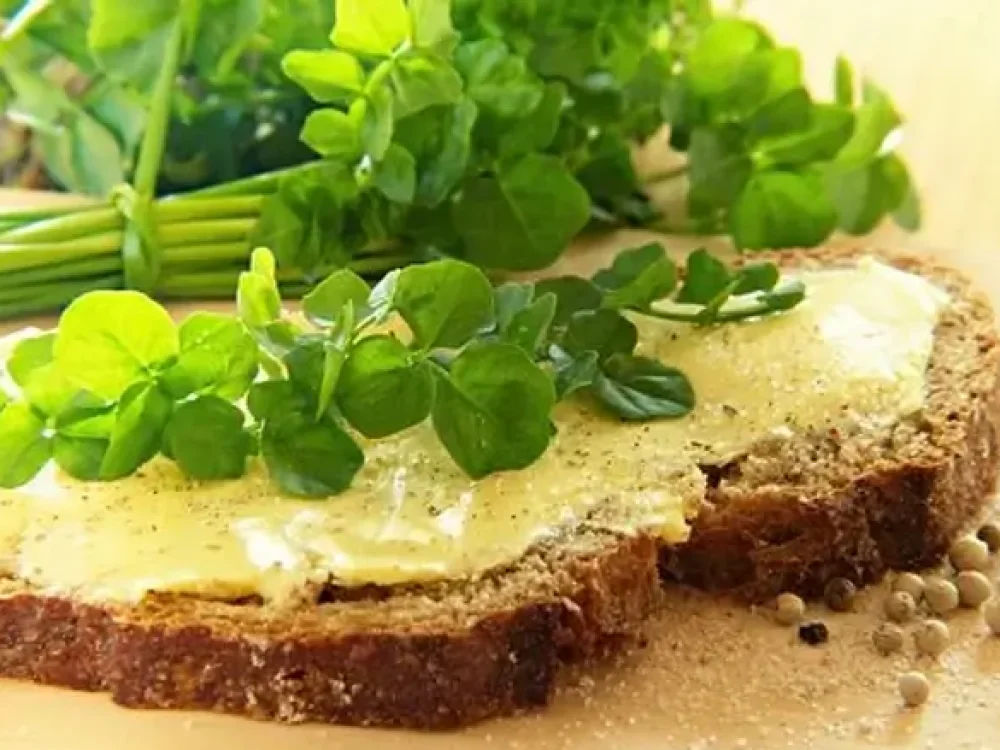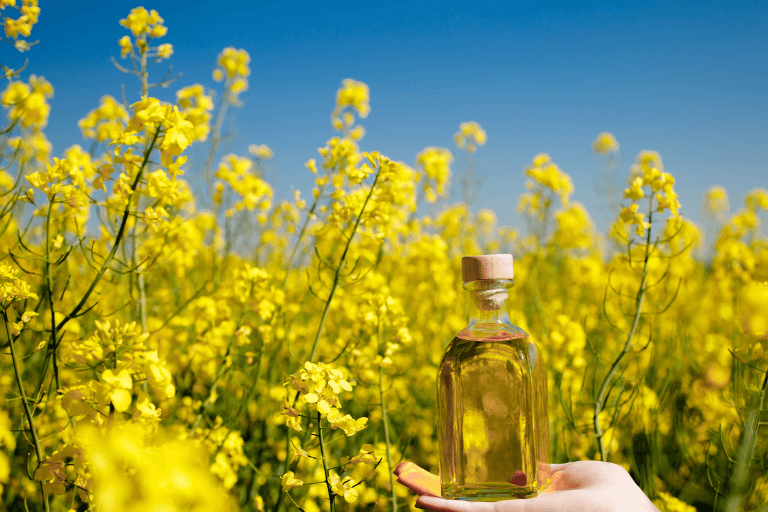Watercress is available all year round in supermarkets, but is at its best from April until September, so now is the perfect time to try it out.
Nutritional and health benefits of watercress
Nutrients and phytochemicals
Watercress is packed with a wide variety of nutrients including vitamins A, C and K. It is also a rich source of phytochemicals. When compared with 12 other cruciferous vegetables, watercress was found to have one of the highest total phenolic count and antioxidant activity (Li et al 2018).
The phytochemicals in cruciferous vegetables such as watercress may help protect against cancer and be beneficial during cancer treatment. Results of a recent in vitro study looking at breast cancer cells at the University of Southampton supports the potential protective impact of watercress during radiotherapy Giallourou et al (2019).
Health benefits
Evidence suggests that watercress is beneficial for heart health as it may help lower blood pressure and cholesterol levels.
Watercress also contains a variety of nutrients beneficial for bone health including calcium, magnesium, phosphorus, vitamin K and a range of nutrients that help support the immune system, such as vitamin C.
Watercress is rich in carotenoids such as lutein and zeaxanthin, which are beneficial for eye health. This may be of particular benefit to older adults due to the link between dietary sources of these carotenoids and reducing the risk of age-related macular degeneration and cataracts (Abdel-Aal et al, 2013).
There is also some evidence that watercress may have a positive impact on mental health. Watercress topped the list of antidepressant plant foods in a nutrient profiling review (LaChance & Ramsey, 2018).
How watercress is helping NHS patients
The Watercress Company founded more than two decades ago, has farms in and around Dorchester and Hampshire and plots in Spain and Florida. Steps to reduce the amount of watercress being wasted have led to a useful way of providing a nutritious food to NHS patients. Indeed, NHS patients are very appropriate consumers as Hippocrates is said to have built his first hospital near flowing spring water to ensure a good supply of watercress for his patients.
Putting waste watercress to good use
With almost 90 tonnes of their watercress going to waste each year, The Watercress Company decided to put it to good use by introducing its watercress soups to the menu at Dorset County Hospital in Dorchester. If this trial is successful, it is hoped the soups will be rolled out to other NHS hospital sites.
The company are able to make around 5.5 million portions of soup from the watercress that was being thrown away each year.
The many ways to use watercress
There are many ways to include watercress in the diet, from adding it to salads or a garnish, to incorporating it into pesto or smoothies. Some people may find the pepperiness of too much raw watercress a little too much. However, when cooked, the pepperiness diminishes to leave a really pleasant vegetable flavour, so watercress works really well in soups, stews and stir-fries.
Using watercress soups is great way to provide lots of beneficial nutrients to older adults or to those who are unwell in hospital. With the amazing nutritional benefits, palatability and ease of eating for most people, it would be great to see watercress soup on the menu for more NHS patients and care homes.
If you feel inspired to make some watercress soup yourself, here’s a link to a few recipes.





